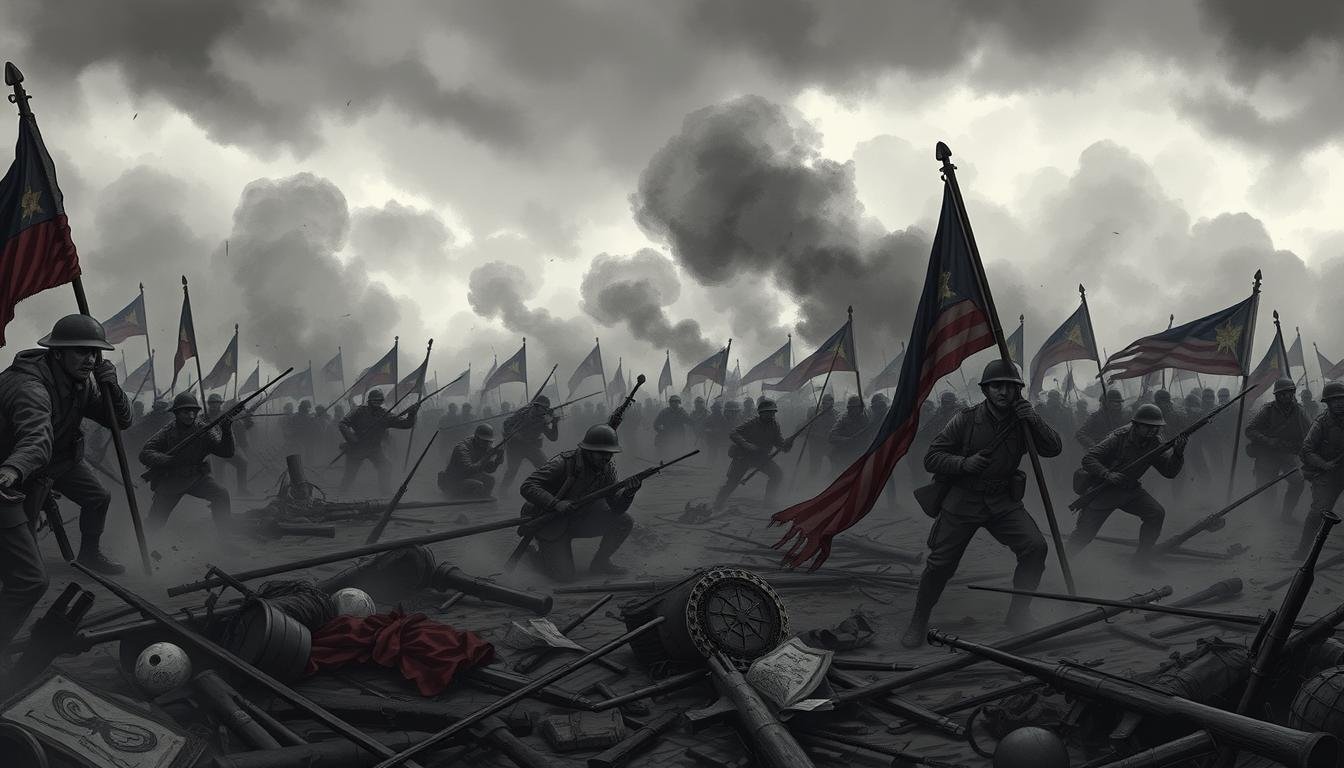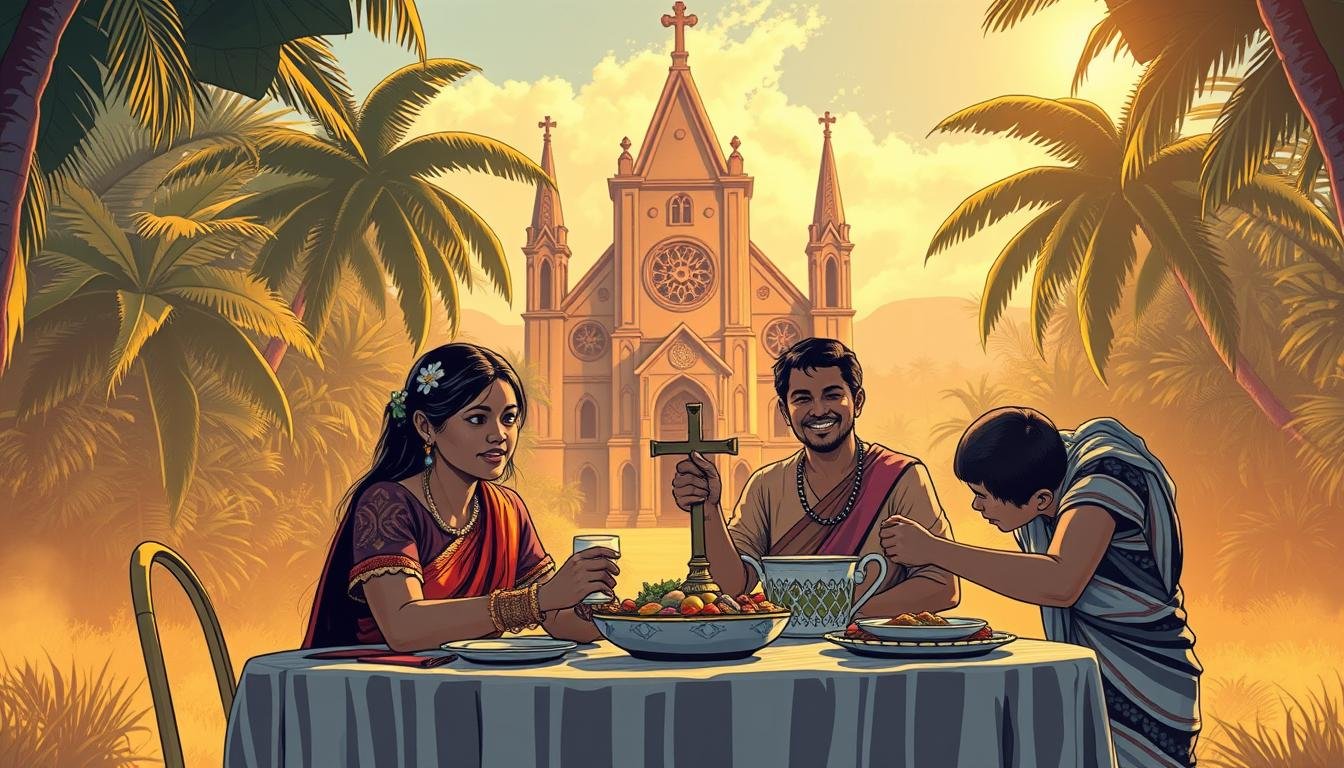Did you know that in pre-colonial Philippines, some communities placed their dead in tree trunks and hung them in the forest canopy? This unique practice reflects the deep connection between the living and the deceased in ancient Filipino culture. Death was not seen as an end but as a transition. Communities honored the body with…
Ancient Filipino Weapons: Swords, Spears, and Shields
Did you know that ancient Filipino warriors crafted some of the most intricate and effective tools of combat in Southeast Asia? These weapons were not just tools for war but also symbols of honor, artistry, and cultural identity. From the sharp swords to the sturdy shields, each piece was designed with precision and purpose. The…
Ancient Filipino Boats: Unveiling the Maritime Prowess of Our Ancestors
Did you know that ancient Filipinos were among the most skilled maritime navigators in Southeast Asia? Their innovative watercraft designs allowed them to traverse vast oceans long before modern technology existed. These vessels were not just tools for travel but symbols of cultural identity and ingenuity. The maritime legacy of the Philippines is deeply rooted…
The Social Hierarchy of the Barangay: Datus, Timawa, and Alipin
Did you know that the barangay, the smallest administrative unit in the Philippines, has roots tracing back to pre-colonial times? Originally derived from the word “balangay,” a type of boat used by early Austronesian settlers, this system has evolved into a cornerstone of modern local governance. In its early days, the village was led by…
Pinoy Pride & A New Name: Should We Change the Philippines’ Name?
A surprising statistic shows that in April 2023, the Komisyon sa Wikang Filipino (KWF) suggested using “Filipinas” instead of “Pilipinas.” This has started a big debate about the country’s name and its role in national identity. The term “Filipinas” was first used in the 16th century, during the Spanish colony. It stands for modernization and…
Latin America East: Is Filipino Culture Just a Spanish Echo in the Philippines?
The Philippines, a vibrant nation in Asia, has a rich and complex history shaped by centuries of colonization. Many wonder if its modern identity is merely a reflection of Spanish influence or if it stands as a unique blend of indigenous and foreign elements. This article explores whether today’s culture in the Philippines is just…
Betrayal and Disunity: Why the Philippines Lost the Philippine-American War
The Philippine-American War was a complex conflict that lasted from 1899 to 1902, marking a significant event in Philippines history. The war was sparked by the Philippine Revolution against Spanish colonial rule, which was followed by the Spanish-American War. The Philippines, with its diverse ethnic and racial groups, was divided along regional lines, making it…
Cultural Fusion: How Filipino Ancestors Adopted Christianity Through Integration, Not Just Conversio
The Philippines is a nation rich in history and cultural diversity. One of the most fascinating aspects of its past is how Christianity became deeply rooted in its identity. Unlike simple religious conversion, Filipino ancestors embraced Christianity through a process of integration, blending it with their existing traditions and beliefs. According to the Merriam-Webster dictionary,…
Walking Barefoot: A Historical Glimpse into the Lives of Our Filipino Lolos and Lolas
The practice of walking barefoot has historical roots in the Philippines, reflecting the country’s rich Filipino culture. This tradition holds significant historical significance, as it has been a part of the daily lives of many Filipinos, particularly in rural areas. Walking barefoot was a common practice, especially among the Tagalog people, who are historically connected…
Trilingual Philippines: Spanish, English, and Filipino – A Road Not Taken?
The Philippines stands out as a unique country where three languages—Spanish, English, and Filipino—have played pivotal roles in shaping its cultural and social fabric. This trilingualism is deeply rooted in the nation’s history, influenced by centuries of colonial rule and modern globalization. Spanish, introduced during over 300 years of colonization, left a lasting imprint on…










